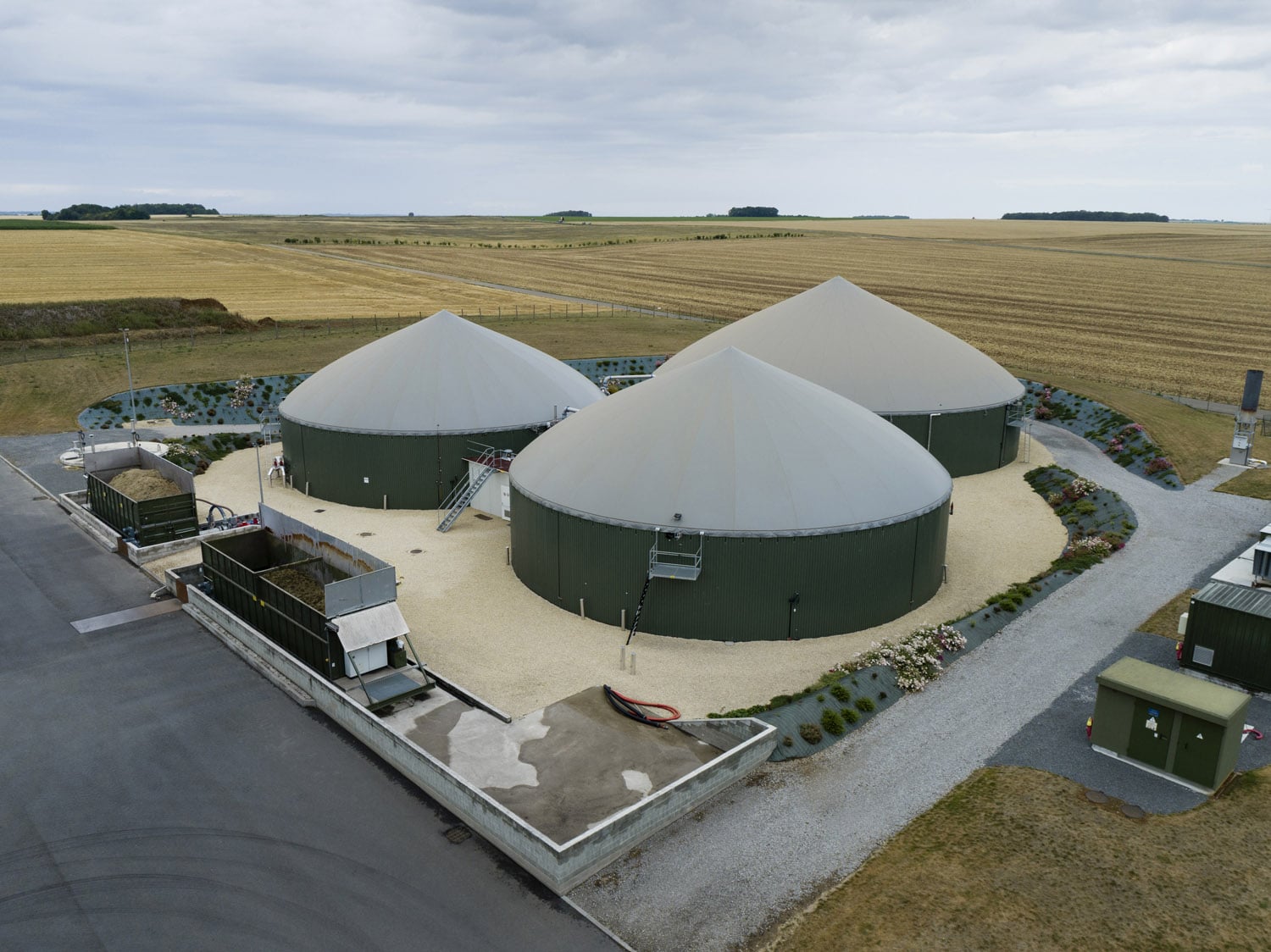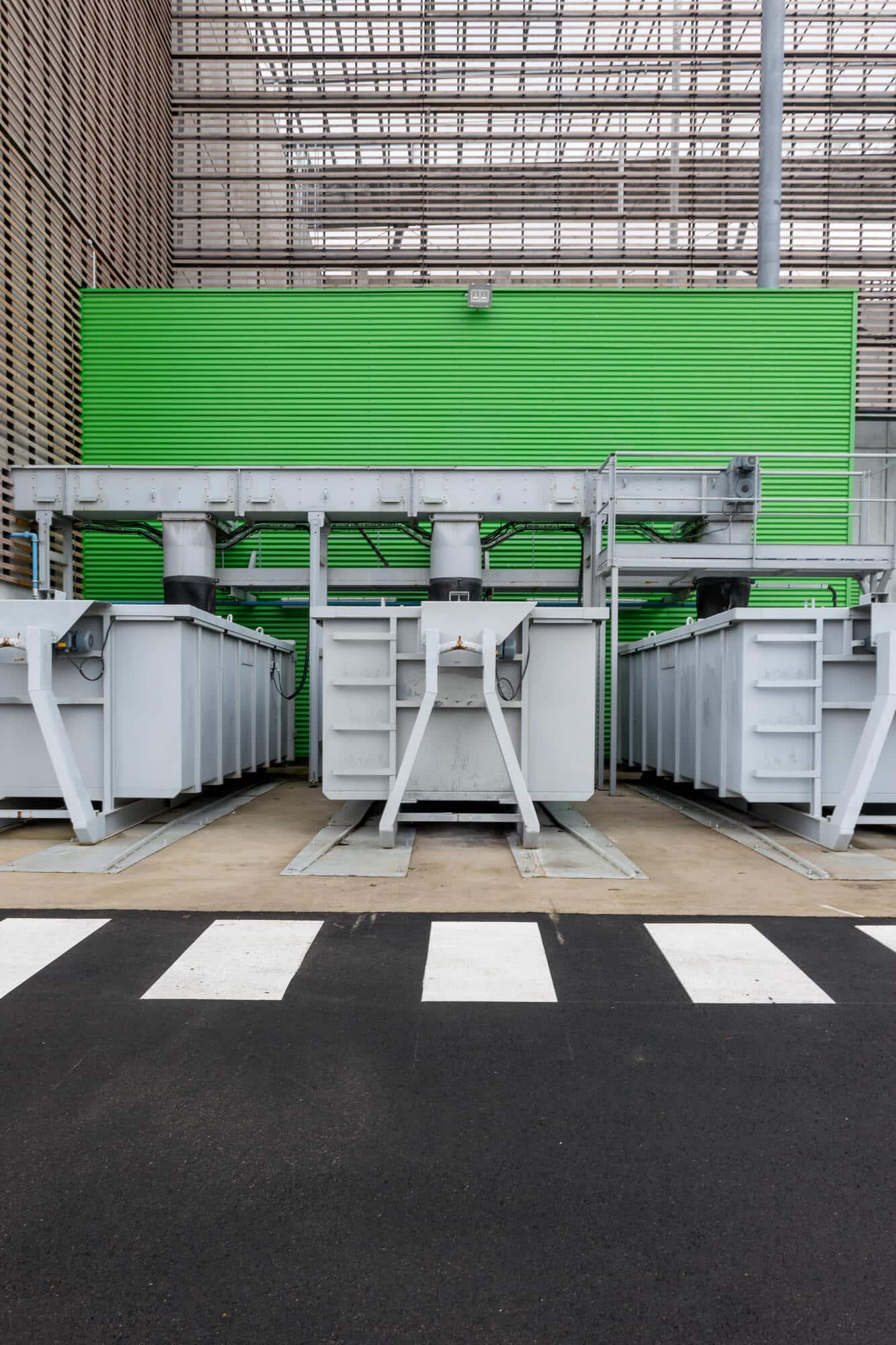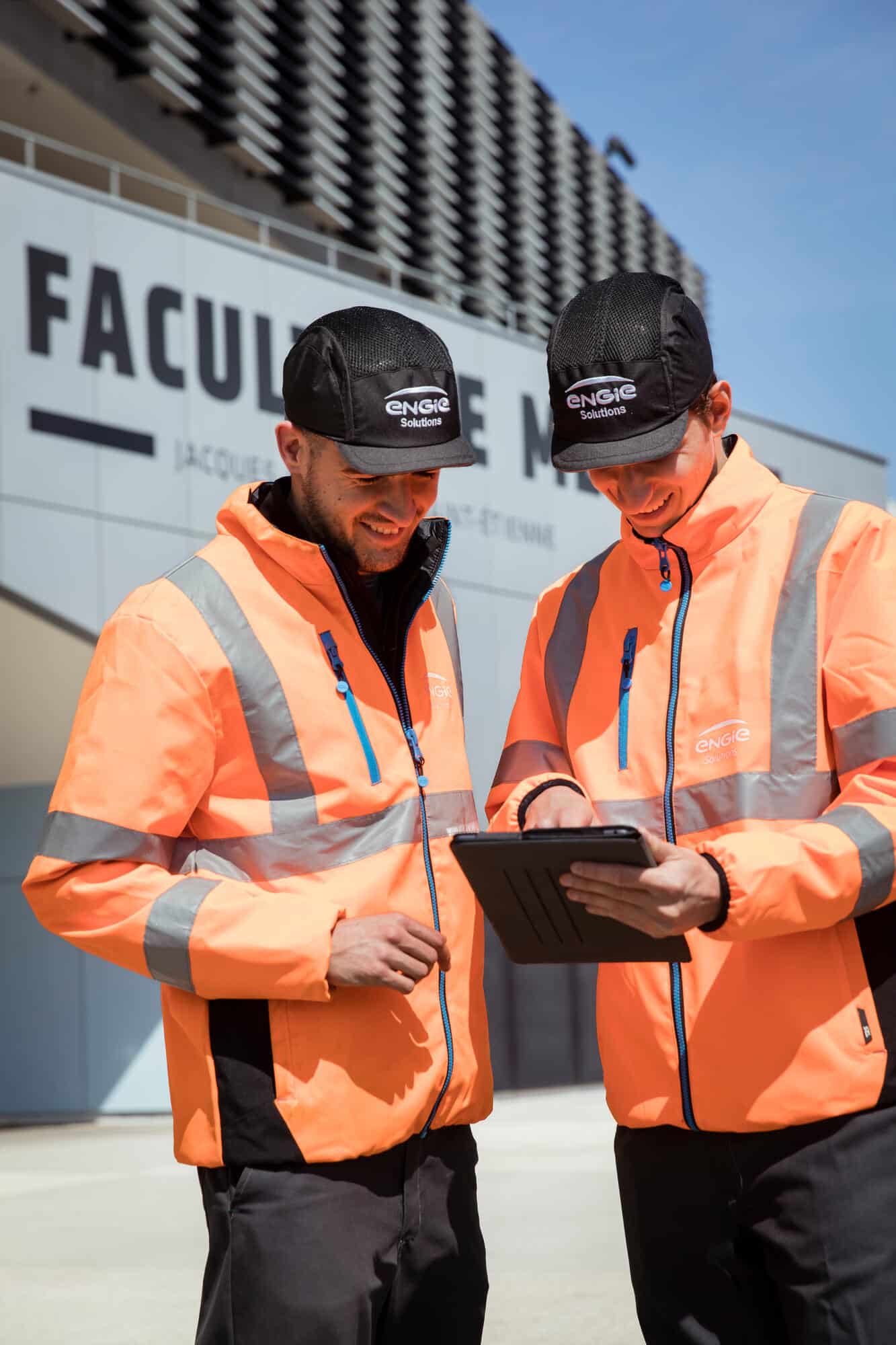Increase the ambition of renewable gas production in Europe to reach 10 TWh/year in 2030
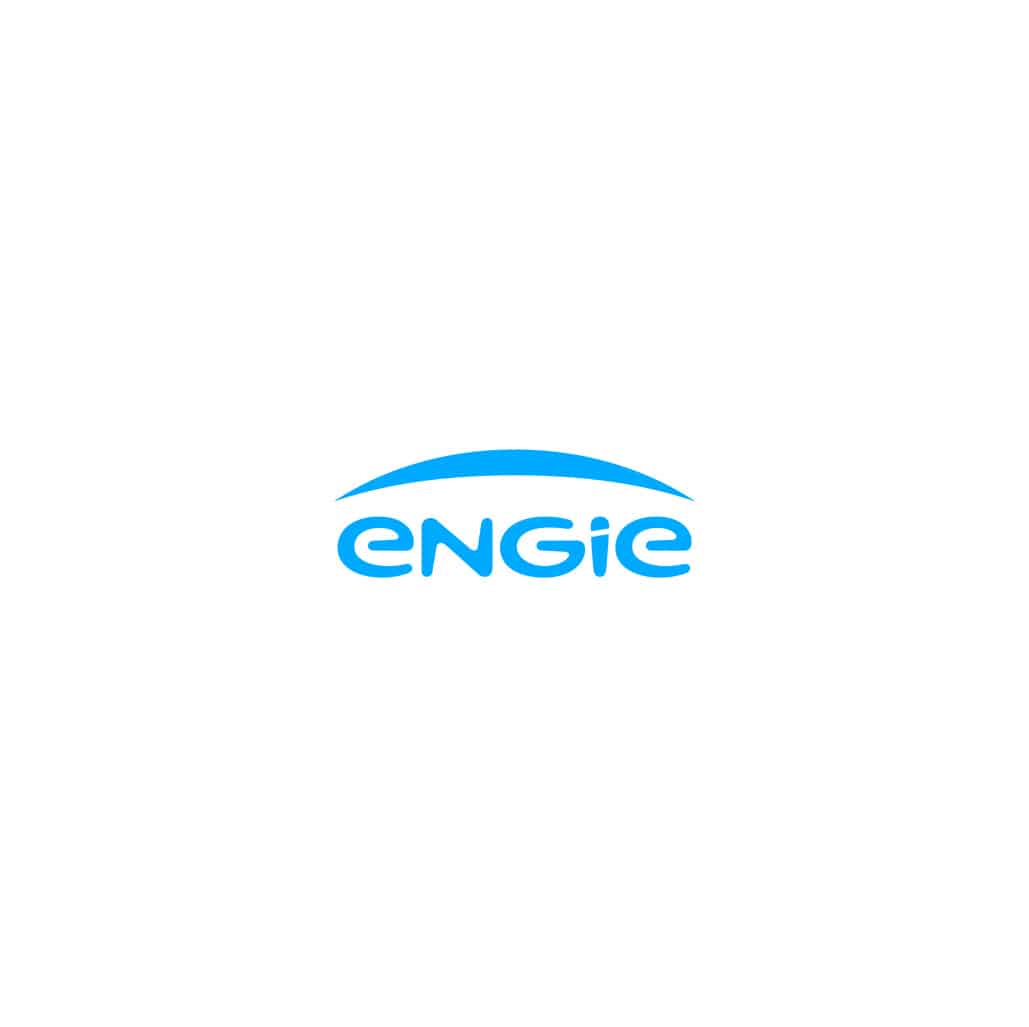
Terms of the action or commitment
The renewable gases included in this objective are biomethane and synthetic methane, excluding hydrogen.
Biomethane and synthetic methane molecules are used to decarbonise the energy mix. They are compatible with existing infrastructures.
For a 100% energy resilient Europe, ENGIE proposes to strengthen the security of supply with renewable gases.
ENGIE will invest more than 3 billion euros in the development of renewable methane production, with a target of 10 TWh/year of capacity in 8 target countries in Europe.
In particular, ENGIE will produce 10% of French renewable gas by 2030.
To reach this objective, ENGIE relies on the development and acquisition of production units, on industrial partnerships and on technological innovation.
Thanks to renewable gases, ENGIE provides many extra-energy services and products with a positive impact on society and the planet. ENGIE also voluntarily limits the use of dedicated energy crops.
This activity provides a service to farmers, local authorities and agro-industrialists through :
– The treatment and recovery of crop and livestock residues as well as bio-waste and organic by-products,
– The reduction of waste management costs while providing an additional source of income
In addition to the production of local renewable energy, anaerobic digestion provides other natural resources:
– The use of digestate from organic residues as a natural fertiliser to replace imported chemical fertilisers, reduces soil and water pollution and promotes the return of carbon to the soil.
– The reuse of CO2 released by biomass to increase the yield of crops in greenhouses or to produce synthetic fuels.
This local and circular sector of renewable energy production will also generate numerous direct and indirect jobs.
Biomethane and synthetic methane molecules are used to decarbonise the energy mix. They are compatible with existing infrastructures.
For a 100% energy resilient Europe, ENGIE proposes to strengthen the security of supply with renewable gases.
ENGIE will invest more than 3 billion euros in the development of renewable methane production, with a target of 10 TWh/year of capacity in 8 target countries in Europe.
In particular, ENGIE will produce 10% of French renewable gas by 2030.
To reach this objective, ENGIE relies on the development and acquisition of production units, on industrial partnerships and on technological innovation.
Thanks to renewable gases, ENGIE provides many extra-energy services and products with a positive impact on society and the planet. ENGIE also voluntarily limits the use of dedicated energy crops.
This activity provides a service to farmers, local authorities and agro-industrialists through :
– The treatment and recovery of crop and livestock residues as well as bio-waste and organic by-products,
– The reduction of waste management costs while providing an additional source of income
In addition to the production of local renewable energy, anaerobic digestion provides other natural resources:
– The use of digestate from organic residues as a natural fertiliser to replace imported chemical fertilisers, reduces soil and water pollution and promotes the return of carbon to the soil.
– The reuse of CO2 released by biomass to increase the yield of crops in greenhouses or to produce synthetic fuels.
This local and circular sector of renewable energy production will also generate numerous direct and indirect jobs.
Levers mobilized for circular economy (according to Ademe)
Implementation timeline
Starting year
2023
Ending year
2030
